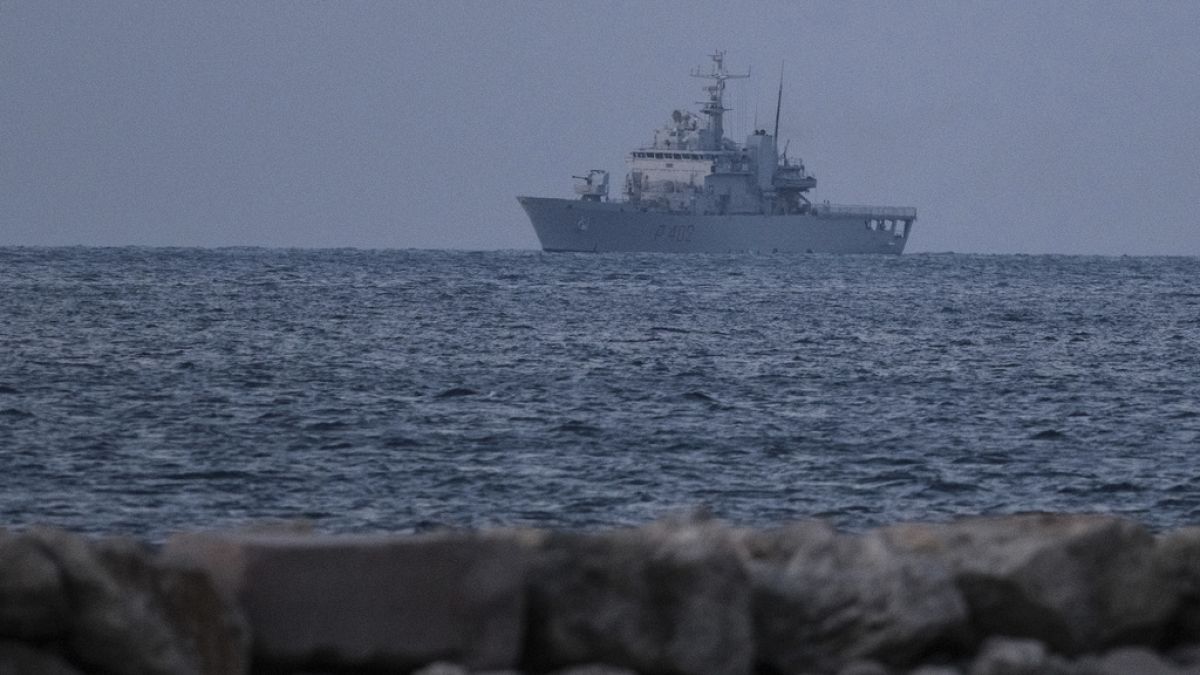Italy made a landmark agreement with Albania to process asylum seekers outside its borders. The first group of asylum seekers arrived in Albania via the Italian Navy ship Libra. The boat carried 16 men, including 10 Bangladeshi and six Egyptian nationals who were rescued at sea on their way to Lampedusa. These asylum seekers will undergo health screening and identification procedures before being transferred to a reception camp in Gjader. The two new centers in Albania, agreed upon in a deal last November, will only house adult men while vulnerable groups will be accommodated in Italy to prevent family separation.
The two centers in Albania are expected to cost Italy €670 million over five years and will remain under Italian jurisdiction with external security provided by Albanian guards. Asylum seekers in Albania retain their rights to apply for asylum in Italy under international and EU laws, with a maximum processing time of 28 days. Those granted asylum will be welcomed in Italy, while rejected applicants face deportation from Albania. European Commission President Ursula von der Leyen praised the agreement as innovative, but human rights groups have raised concerns about setting a dangerous precedent for outsourcing asylum processing.
Albania is aiming to become a full-fledged member of the EU by the end of the decade, with Prime Minister Edi Rama emphasizing the historic opening of accession negotiations. The number of migrants reaching Italy through the central Mediterranean route has significantly decreased, with a 61% drop in 2024 compared to the previous year. Italy has seen 54,129 sea arrivals as of mid-October, a significant decrease from 138,947 by the same time in the previous year. This decrease in migration numbers may be attributed to the new agreements and initiatives between Italy, Albania, and the EU to manage the flow of migrants more effectively.
The opening of the two asylum processing centers in Albania marks a significant step in Italy’s efforts to manage the influx of asylum seekers and migrants into the country. The agreement with Albania allows for a more efficient processing system, with a focus on adult men while vulnerable groups are safeguarded against separation. The financial commitment from Italy and the involvement of Albanian security forces demonstrate a collaborative approach to managing the migration crisis in the region. The EU’s endorsement of the agreement as innovative showcases a new approach to addressing the complex issue of migration while also ensuring adherence to international and EU laws.
Overall, the agreement between Italy and Albania represents a shifting paradigm in how asylum seekers are processed and managed within the EU. The inclusion of Albania as a partner in handling asylum applications reflects a broader effort to distribute the responsibility of migration management across multiple countries. While there are concerns about potential risks and precedents set by such agreements, the focus on maintaining rights for asylum seekers and upholding legal standards is crucial in ensuring a fair and effective asylum process. As migration patterns continue to evolve, the collaboration between Italy, Albania, and the EU sets a new standard for addressing the challenges posed by migration in the region.











